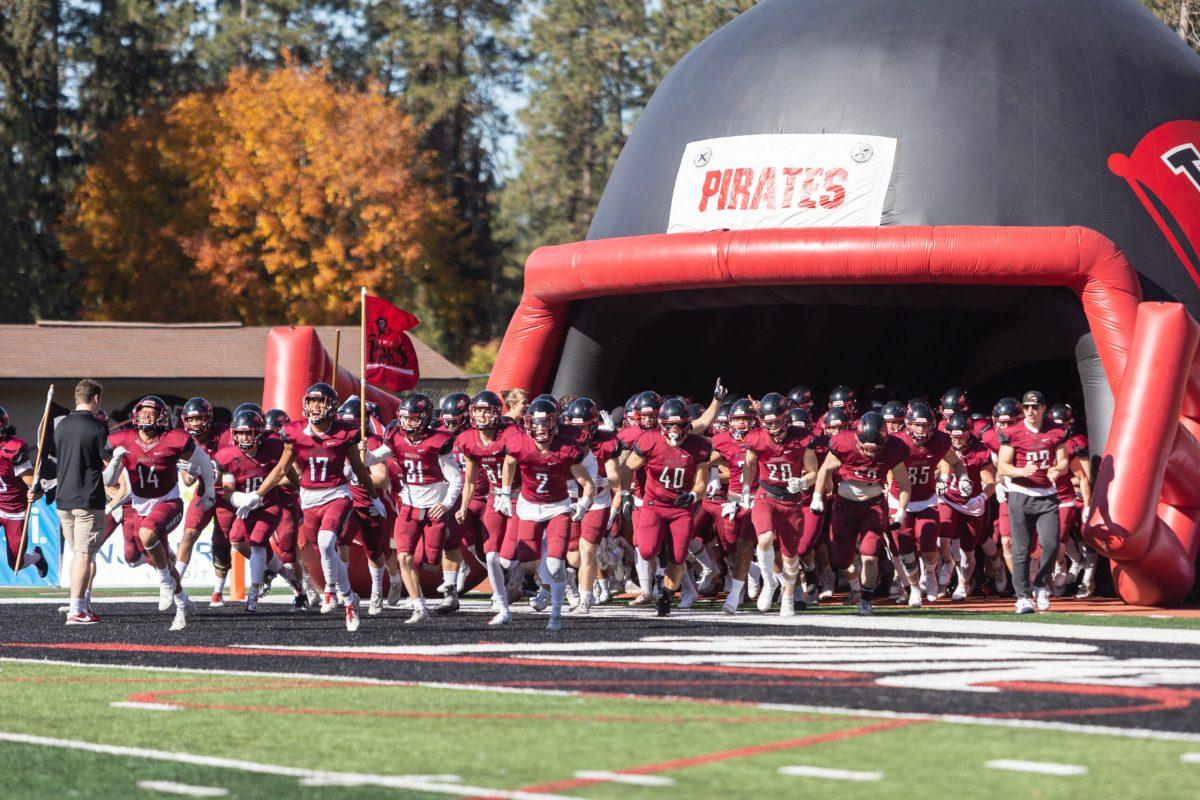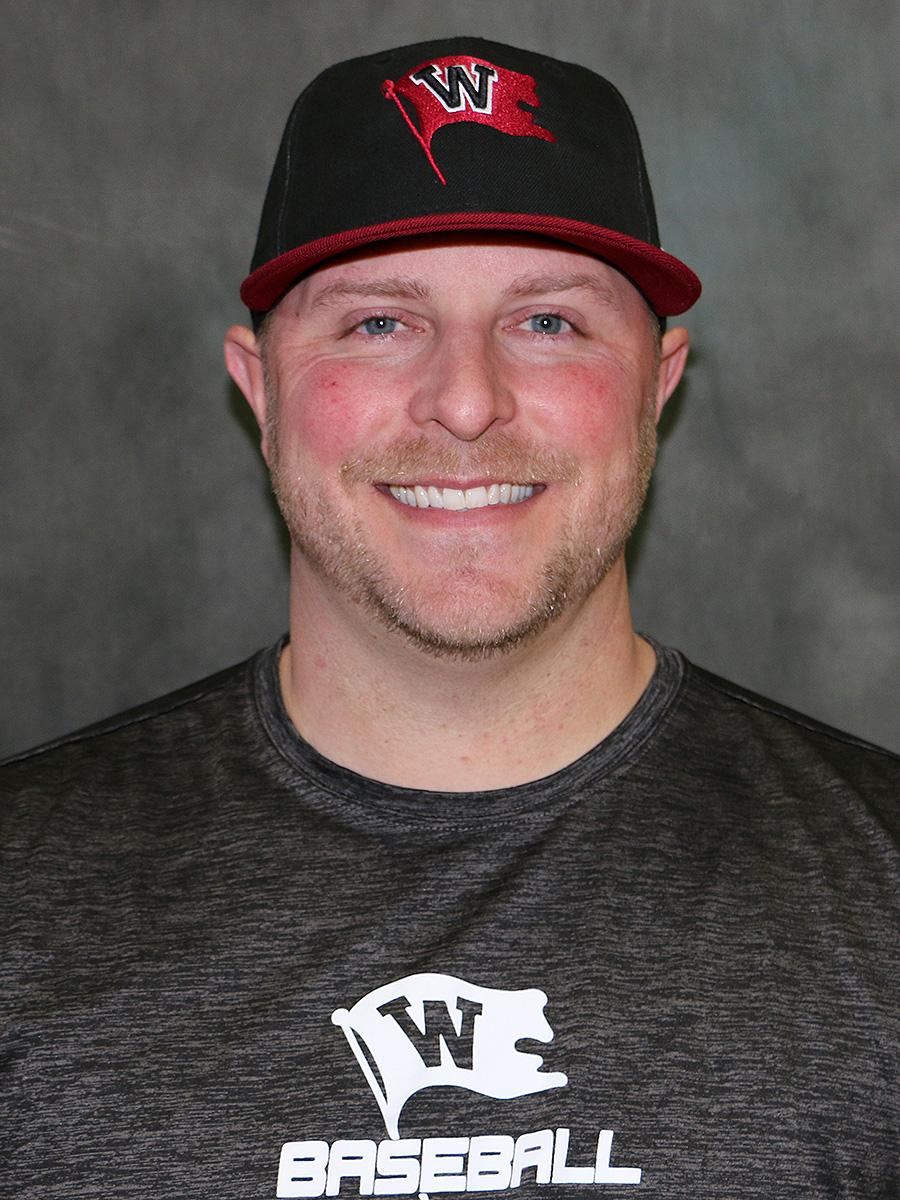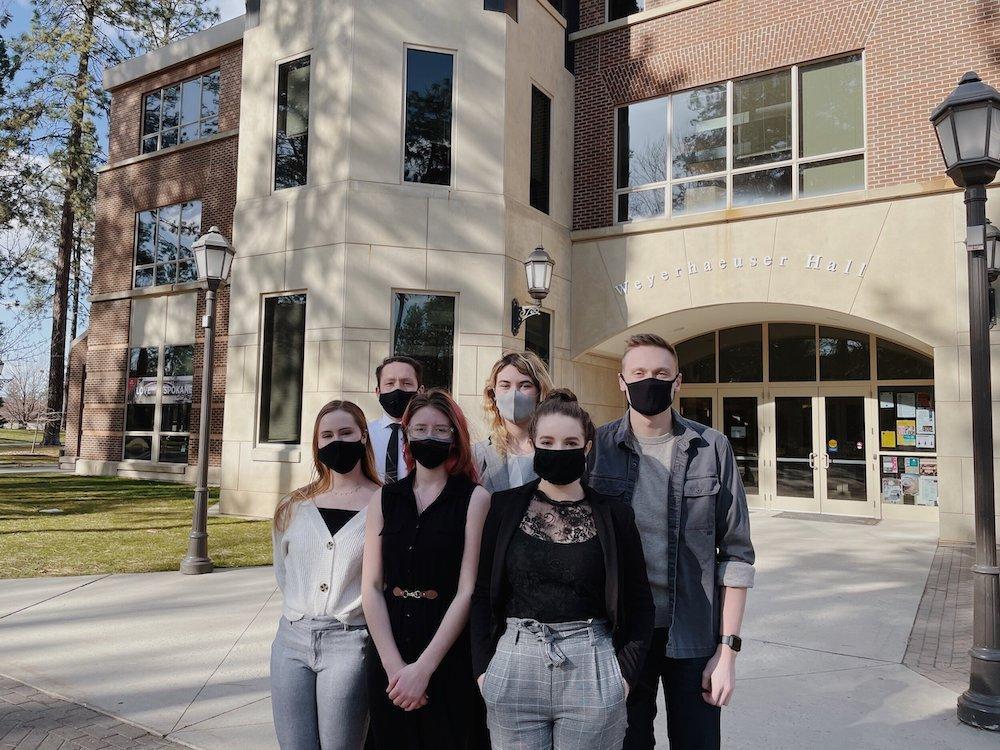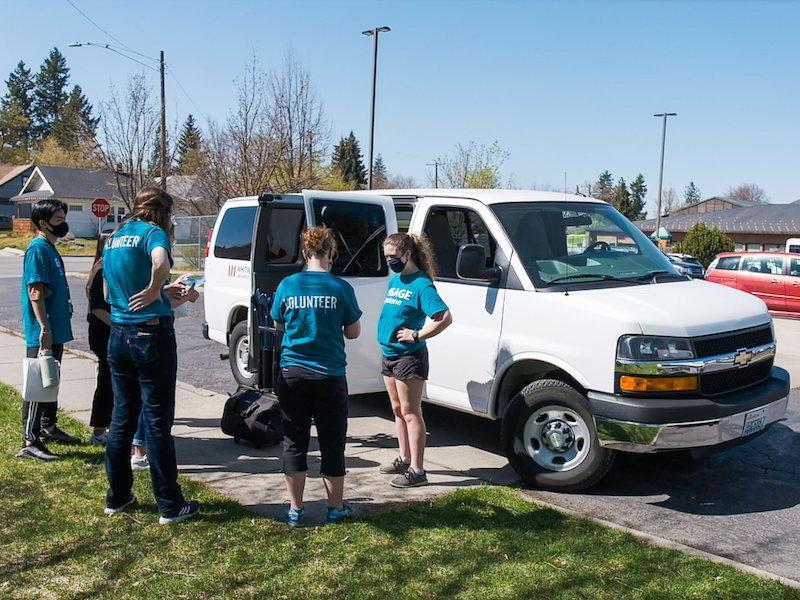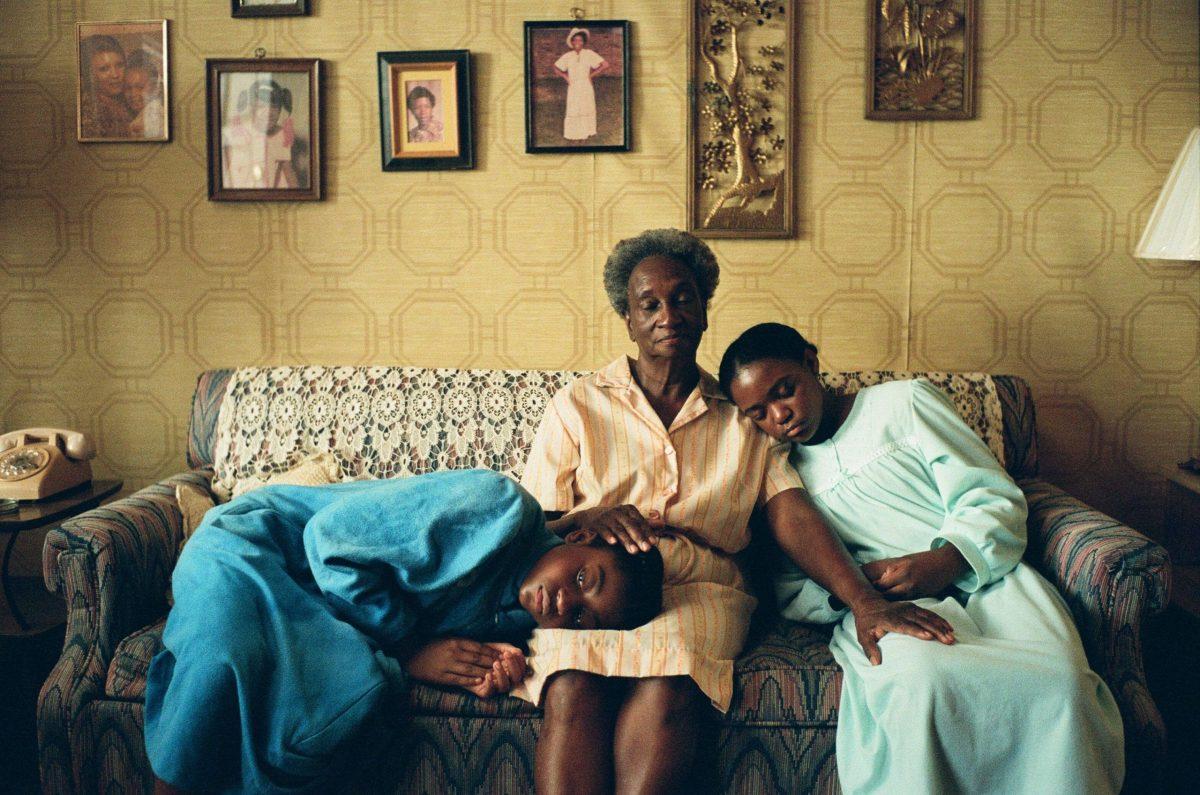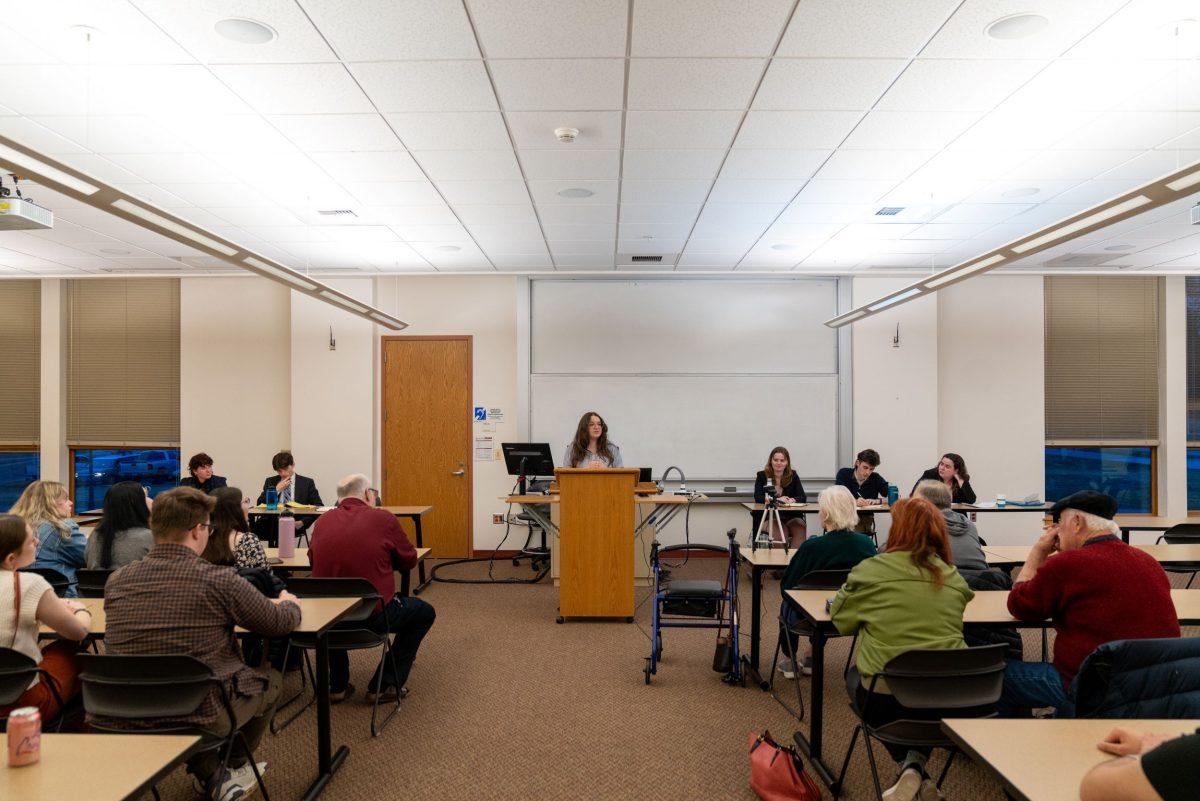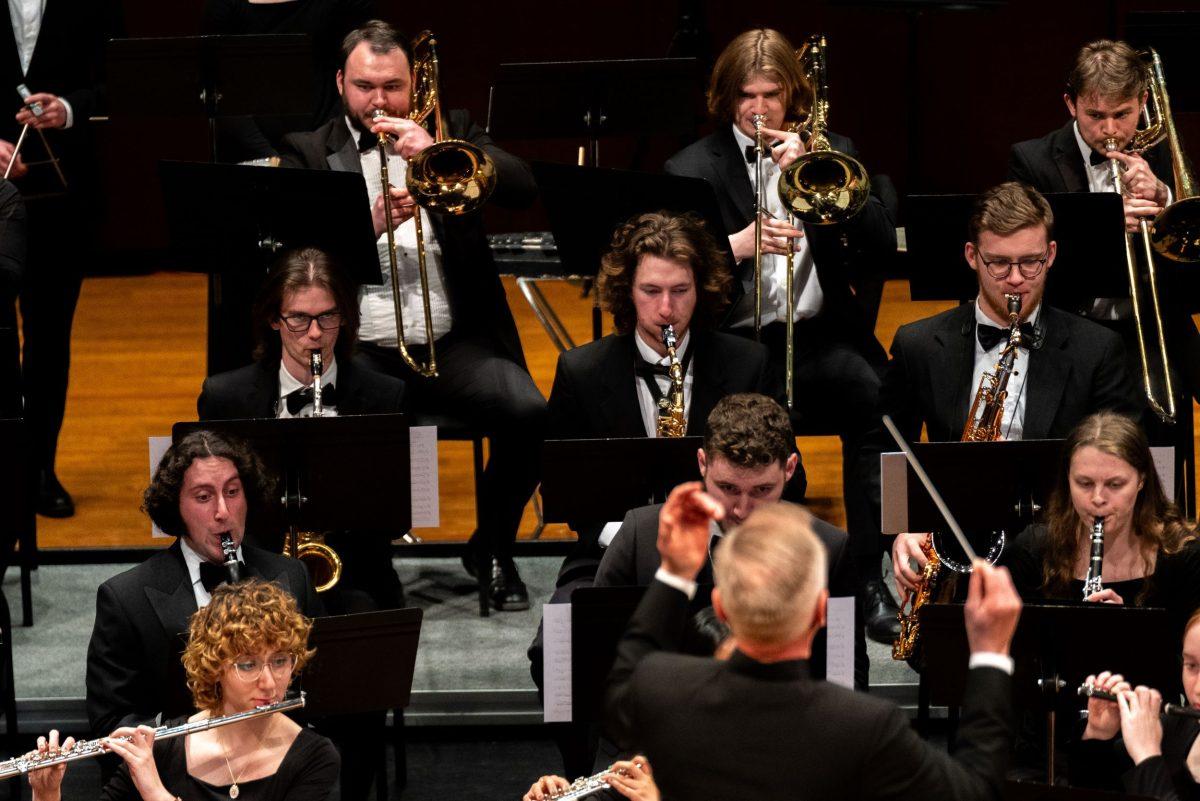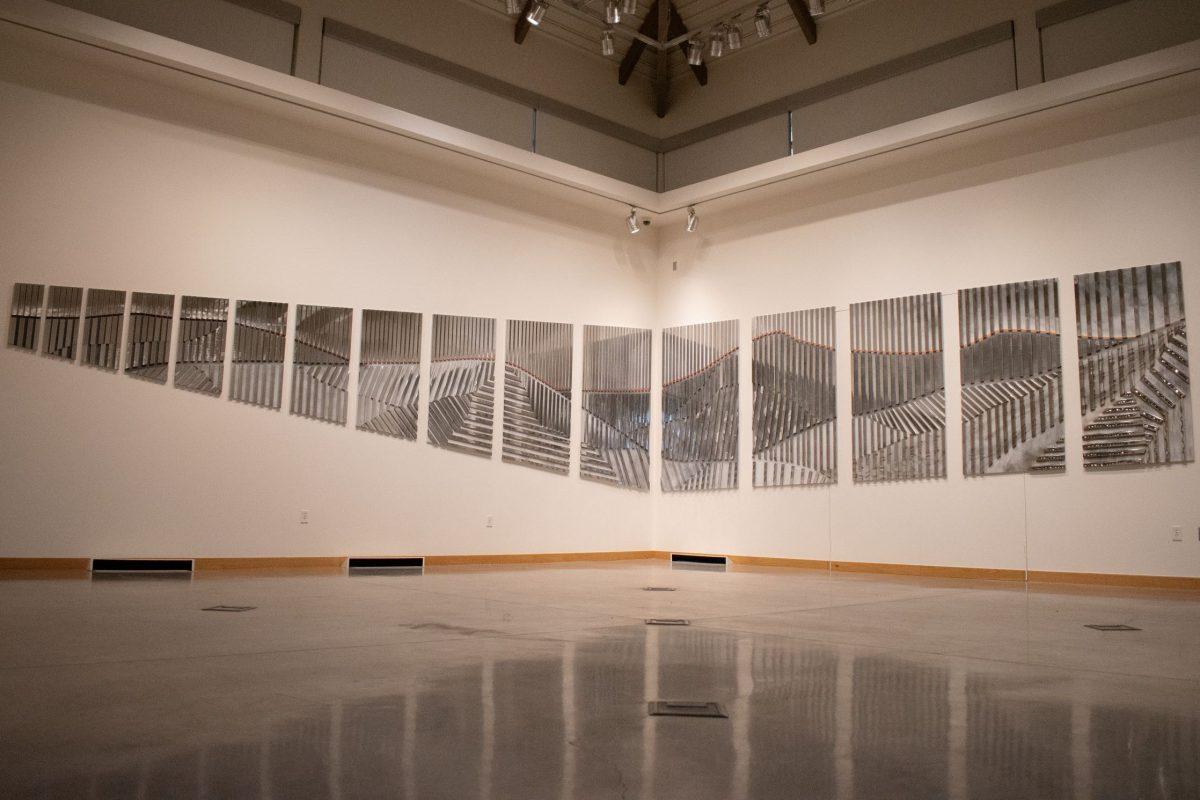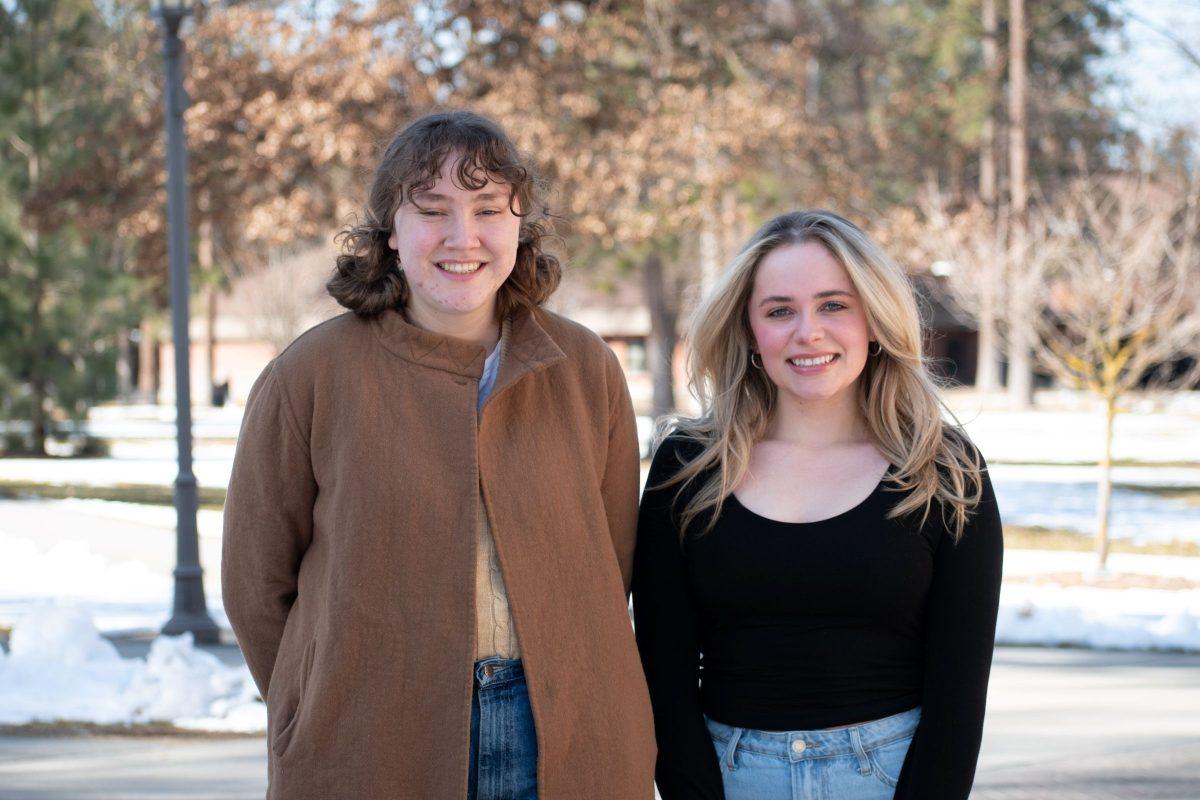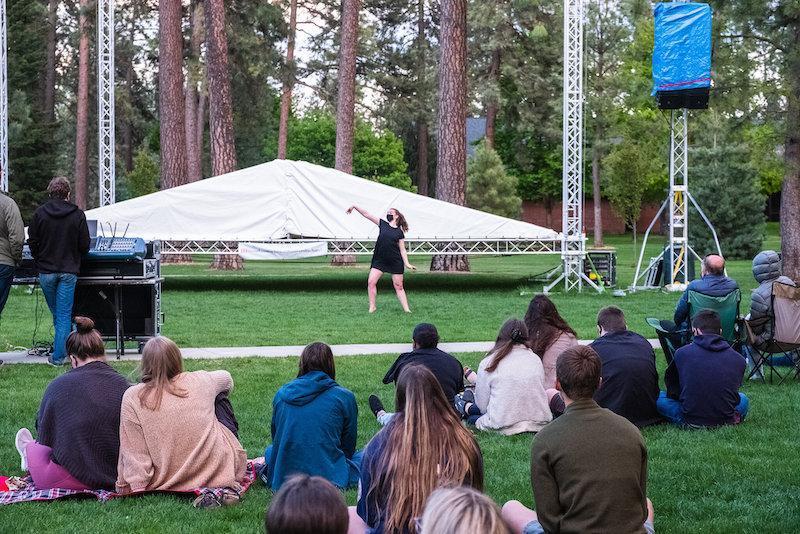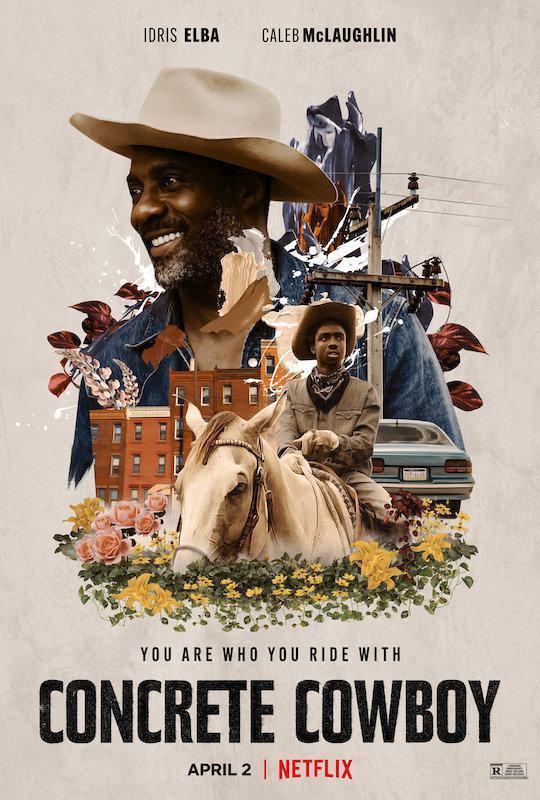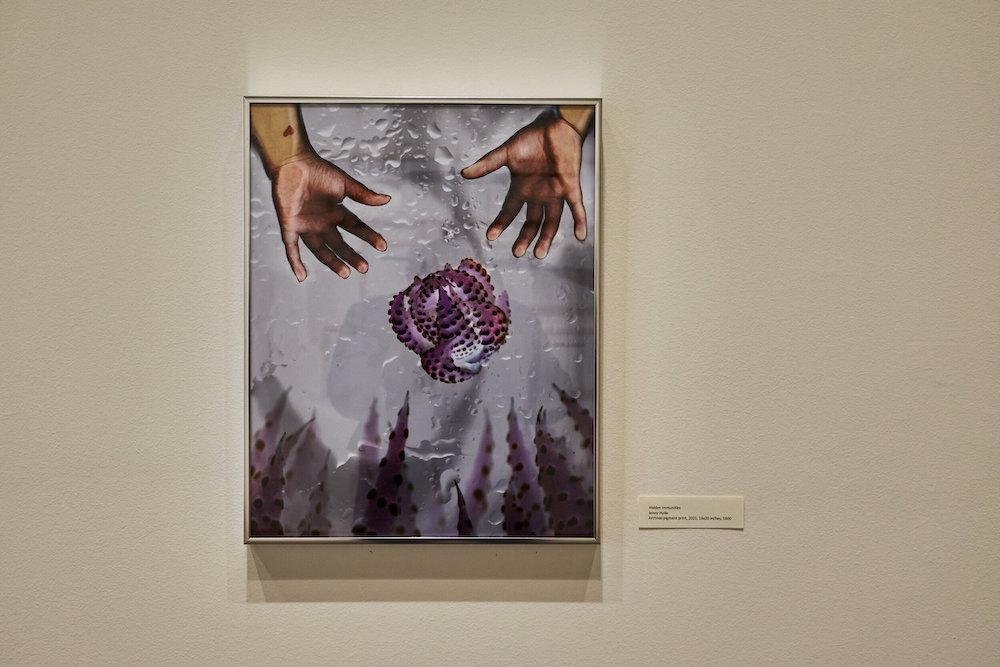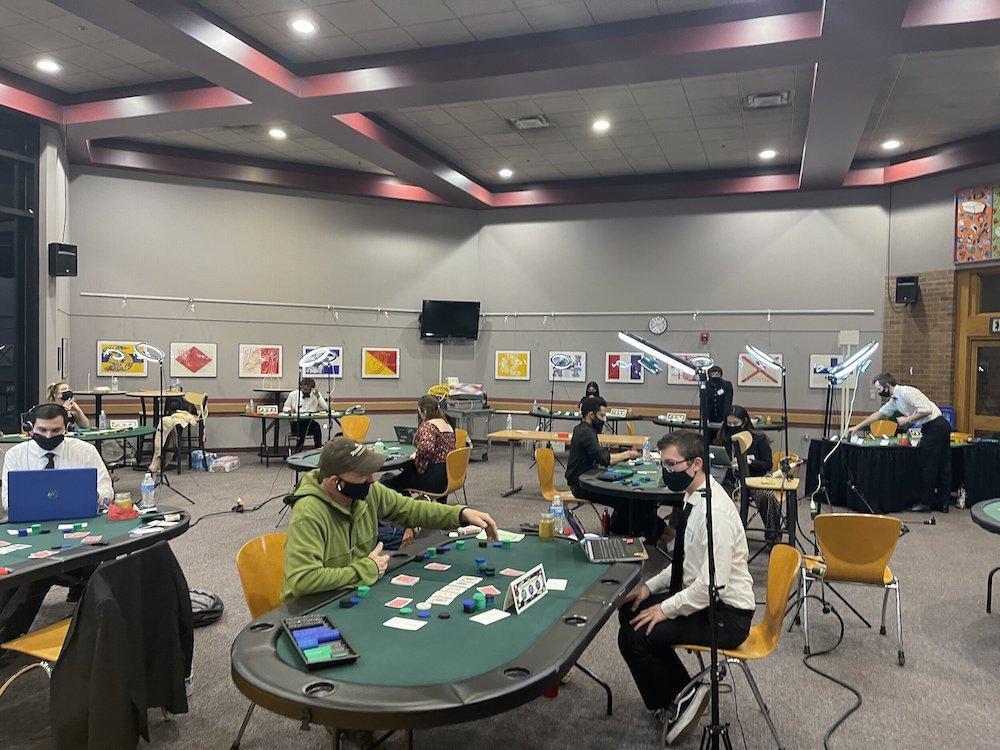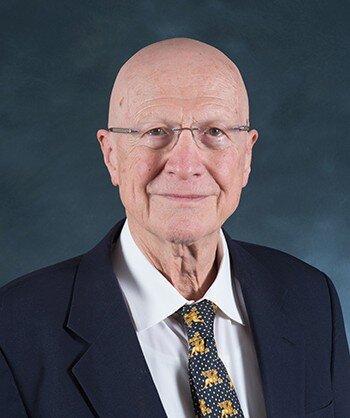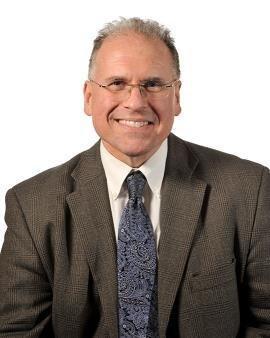by Samantha Holm | Staff Writer
Each year, Diversity Monologues gives Whitworth students the opportunity to uplift and appreciate each other’s diverse perspectives. On Friday, Mar. 26, nine Whitworth students shared how they came to know faith.
Whitworth’s Office of Student Diversity, Equity and Inclusion invited students to submit monologues for the prompt during Jan Term, receiving nearly 30 submissions by the Feb. 26 deadline. Even though only nine poet scholars shared their stories on Friday night, others’ stories were compiled into a book. (Contact the [email protected] to get a copy.)
“Storytelling is one of the most critical ways that we build community,” said Ayaka Dohi, Student Diversity, Equity and Inclusion Director, as well as coordinator of Diversity Monologues. “You could potentially not know any of those nine students prior to Friday and then you know them intimately. Your worldview is expanded and you have a greater appreciation for who they are and the gifts that they bring.”
The nine poet scholars exercised their preexisting talents and were simultaneously stretched beyond their comfort zones. “This prompt gave me trouble,” said Poet Scholar Hen Fookes. “I felt like I didn’t have anything for it, but then I just poured out something on a paper and turned it in. I guess that ended up being the most honest.”
Fookes’ monologue “Grace is Greater” was a vulnerable, chronological recounting of their journey of reconciling Christianity with the rejection of their female identity and their struggles as a queer Christian. In their monologue, Fookes likens the alteration of gender to that of wheat into bread. “Why has God given us wheat instead of bread? We creatively alter God’s creation of wheat into something good,” Fookes said.
Each poet scholar had a unique outlook and writing process. “Three days before the submission deadline, I began,” said Poet Scholar Anesu Mujenge. “I’d been thinking about ideas beforehand, but then I just penned it down. Then, I began to curate it and section it differently to see what it would sound like.”
Mujenge’s monologue “True Colors” talked about the faith he invested in himself as a third culture individual and the way his physical appearance is a testament to the history of his African ancestors. “My patchy, near-purposeless, wolverine-based beard stood tall, but was left lurking in the shadows of independence and unity, much like a colonized nation in the motherland submerged in whiteness, but melodizing methodically in the shade nonetheless,” Mujenge said.
Some poet scholars shared about how they discovered their faith in God and themselves through life experiences and people, others about the intersectionality of race and their various identities. For example, Poet Scholar Ashah Gould’s monologue “You Can Get Out of Here” addressed the topic of faith and class.
This year’s Diversity Monologues was vulnerable and challenging. As a Christian campus, it is important for the Whitworth community to wrestle with these stories.
To watch the sixth annual Diversity Monologues, click here.








